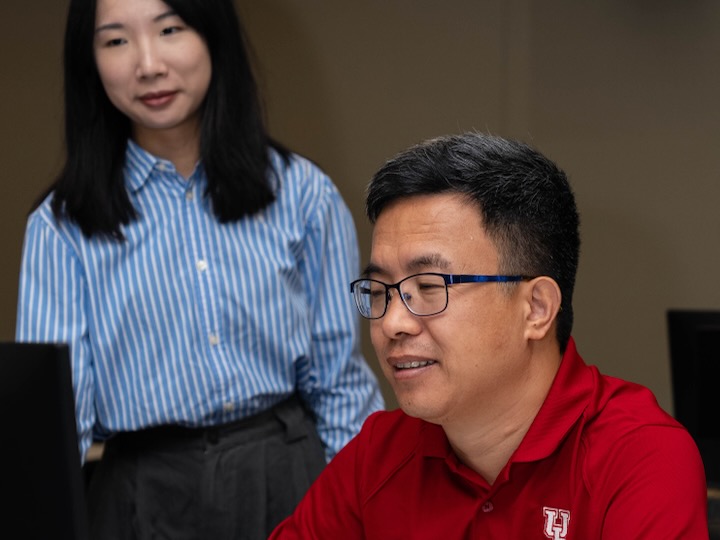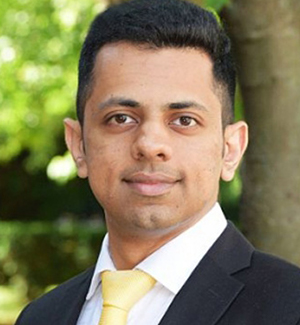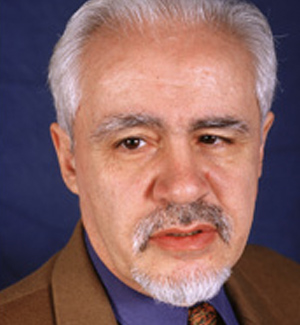With more people using artificial intelligence tools like ChatGPT, C. T. Bauer College of Business researchers have found that middle-class workers may be the most receptive to incorporating the tool on the job.
The rise of large language models (AI models including ChatGPT) have led people to ask what they mean for society, and what benefits they offer, explained Professor and Endowed C. T. Bauer Chair of AI Meng Li. These questions are part of the thought process behind Li’s research, which looks at workers’ social class backgrounds and how that impacts their adoption of LLMs in place of supervisor assistance.
“We already understand that AI tools, ChatGPT, self-driving cars — they are not going away,” Li said. “They are going to be there regardless of if we like it or not, so just answering this question will be critical for our society.”
In their quest to see the relationship between social classes and adopting AI instead of getting help from supervisors, researchers did large scale surveys and behavioral experiments. This included early career professionals from various social class backgrounds.
The paper, co-authored by Li, Bauer Ph.D. student Yao Yao and Boston College Assistant Professor Lai Wei, defines “early career” as workers with less than two to three years of experience. This group was selected because of their typical reliance on their supervisors, and because their relatively standardized current social class allows for more context to examine their social class background.
The research insights found that middle-class workers are more willing to use LLMs instead of asking their supervisor for help compared to their lower-class and upper-class peers.
“For the upper class, they are comfortable to talk to humans,” Li said. “They have the resources. For the lower class, they don't have the literacy or the knowledge of large language models. So, it turns out the middle class is more willing to adopt AI tools such as large language models.”
The results could be seen as an inverted U-shaped pattern and bring a light to the middle-class workers. The middle-class group stood out because they were most inclined to use the LLMs in this way.
“They have the knowledge,” Li said. “They know how to use it. They know how the large language model can help them, or they are comfortable with technology. I think this unique advantage makes their adoption easier.”
Li says it’s important to understand that LLMs impact people differently.
“Trying to help the people who are not adopting AI, or have the need to, like the lower class, but don't know how to use it,” Li said. “I think finding a way to help them will be important.”
Moving forward, how these dynamics will impact workplace inequality is a question the paper says is still up for future research.
The next step to continue advancing research on how AI impacts the workplace is an exploration of how these dynamics may impact workplace inequality, Li said.









